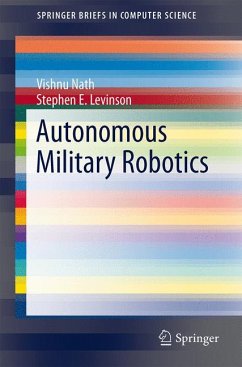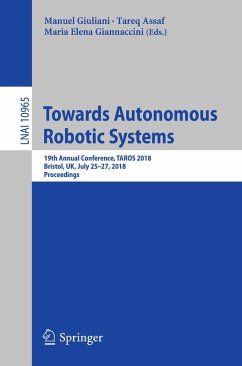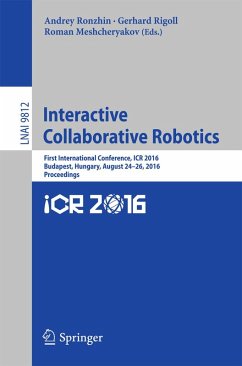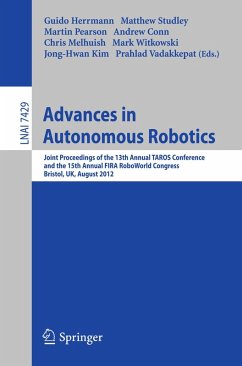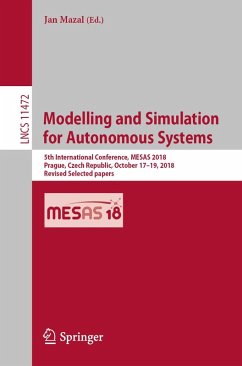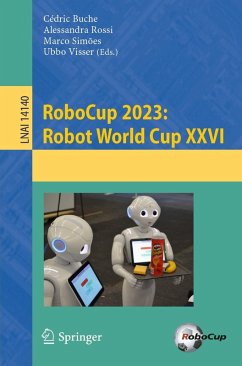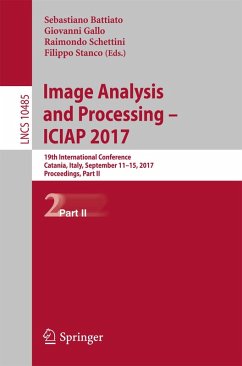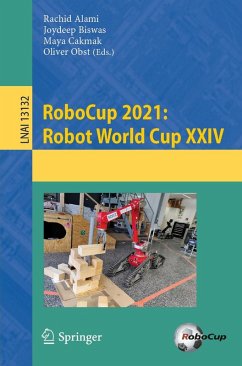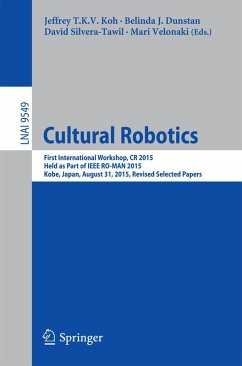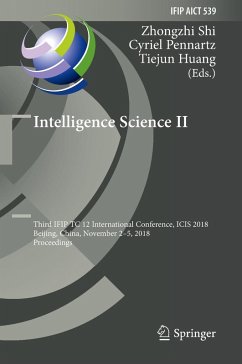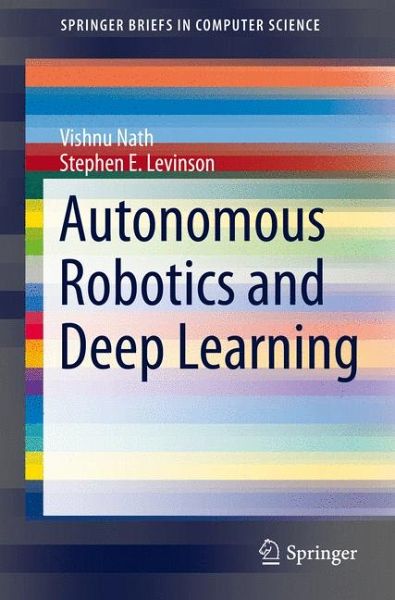
Autonomous Robotics and Deep Learning (eBook, PDF)
Versandkostenfrei!
Sofort per Download lieferbar
40,95 €
inkl. MwSt.
Weitere Ausgaben:

PAYBACK Punkte
20 °P sammeln!
This Springer Brief examines the combination of computer vision techniques and machine learning algorithms necessary for humanoid robots to develop "true consciousness." It illustrates the critical first step towards reaching "deep learning," long considered the holy grail for machine learning scientists worldwide. Using the example of the iCub, a humanoid robot which learns to solve 3D mazes, the book explores the challenges to create a robot that can perceive its own surroundings. Rather than relying solely on human programming, the robot uses physical touch to develop a neural map of its en...
This Springer Brief examines the combination of computer vision techniques and machine learning algorithms necessary for humanoid robots to develop "true consciousness." It illustrates the critical first step towards reaching "deep learning," long considered the holy grail for machine learning scientists worldwide. Using the example of the iCub, a humanoid robot which learns to solve 3D mazes, the book explores the challenges to create a robot that can perceive its own surroundings. Rather than relying solely on human programming, the robot uses physical touch to develop a neural map of its environment and learns to change the environment for its own benefit. These techniques allow the iCub to accurately solve any maze, if a solution exists, within a few iterations. With clear analysis of the iCub experiments and its results, this Springer Brief is ideal for advanced level students, researchers and professionals focused on computer vision, AI and machine learning.
Dieser Download kann aus rechtlichen Gründen nur mit Rechnungsadresse in A, B, BG, CY, CZ, D, DK, EW, E, FIN, F, GR, HR, H, IRL, I, LT, L, LR, M, NL, PL, P, R, S, SLO, SK ausgeliefert werden.




